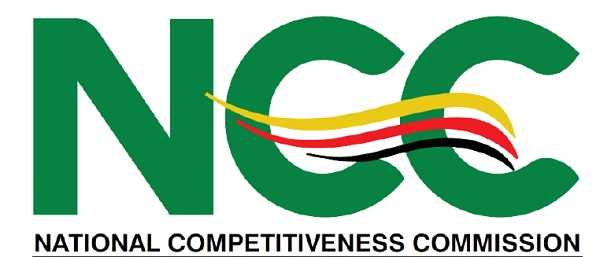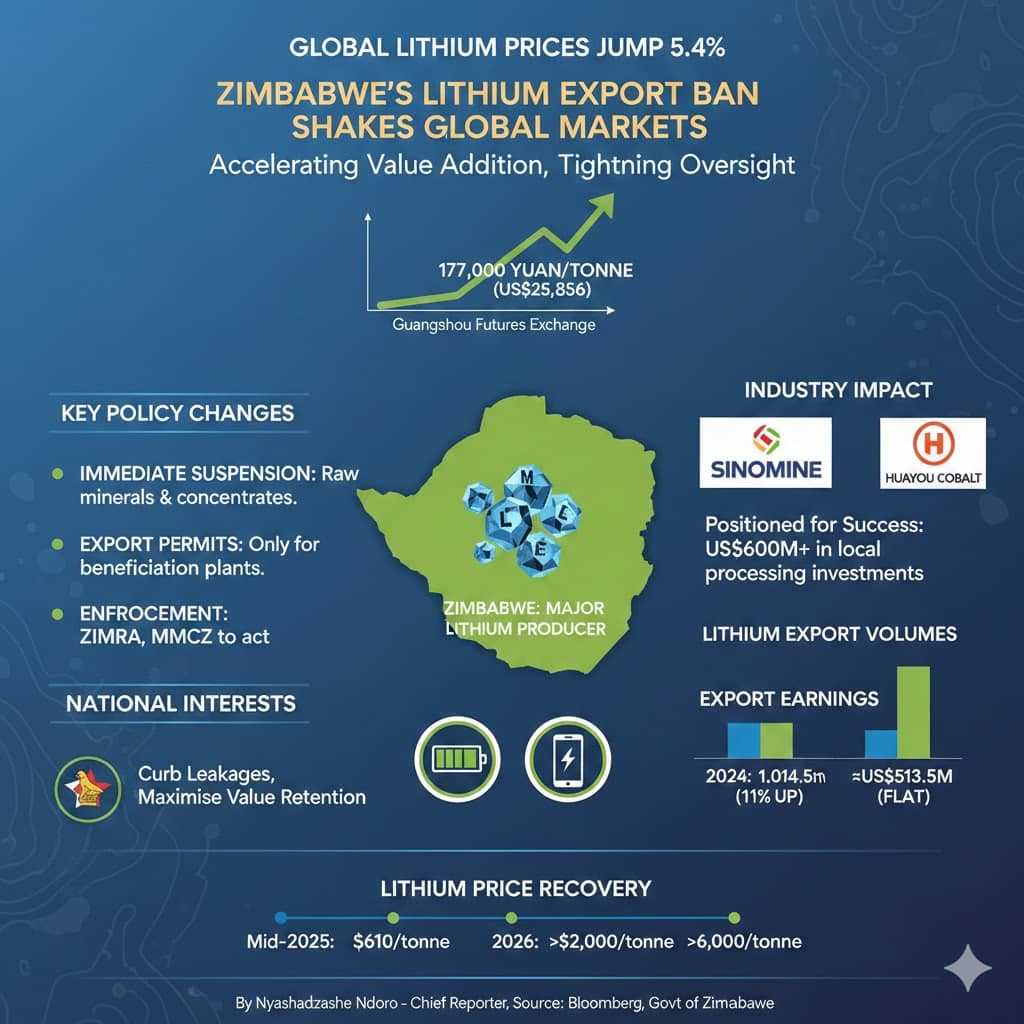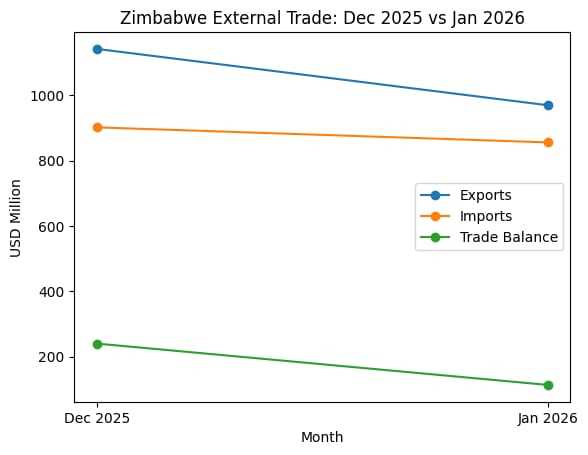
Audrey Galawu
The International Trade Centre has indicated that the cost to comply with standards and lack of know-how remain major challenges for small businesses despite the country’s improved testing facilities and certification capacity.
ITC indicated that certification is important for the competitiveness of Small and Medium Enterprises in Zimbabwe.
However, the Trade Centre said SMEs find it difficult to meet international standards for quality products due to financial limitations.
According to a survey carried out by the ITC in collaboration with National Competitiveness Commission, which collected data from 557 Zimbabwean enterprises between December 2022 and May 2023, just 37% of firms consider the cost of certification services to be low.
Certification represents an advantageous and promising gateway for Zimbabwean companies to engage in international trade as it brings assorted benefits, depending on the type of certification and the industry in which firms operate.
In a report based on the survey, ITC said international certifications provide a sound indication to customers that the firm meets internationally recognised standards.
Among the 28% that have obtained internationally recognised certificates, those relating to safety are the most common (16% of firms have one), followed by performance and quality certificates (13%), while sustainability certificates are less popular (6%).
“This demonstrates the firm’s commitment to quality, safety, environmental sustainability or other issues.
Related Stories
“International certifications can also open doors to new markets, both domestically and internationally, improve efficiency, promote best business practices and increase brand reputation, thus strengthening competitiveness. Yet more than 70% of the surveyed firms in Zimbabwe do not have any kind of international certification.
“Certification is particularly helpful for companies seeking to compete on quality. Among surveyed firms, 35% of those that compete on quality have at least one internationally recognised certification. This is in contrast to those competing on high-volume production or low pricing; among these firms, only 14% are certified to international standards.
“Furthermore, certification rates vary by firm type. While 76% of micro and small companies and 89% of informal ones do not have any certification, 38% of medium-sized and large firms and 60% of formal firms do. Services firms are more likely to be certified (36% certified), especially those in the retail and tourism industries, compared to the manufacturing (30%) and agricultural (17%) sectors,” reads the report.
The survey also finds that Zimbabwean firms that have successfully undergone the certification process are more export-oriented.
"Generally, firms exporting to foreign countries encounter challenges in establishing their credibility, and certification is an effective strategy to build trust and credibility.
"As different countries have specific regulations and standards for imported goods, certification ensures that exporters meet these requirements, thereby enhancing their reputation, business relationships and profitability.
"One of the main reasons for the low uptake of international certification appears to be a lack of information about standards and certificates," further reads the report.
The survey shows that 53% of firms with good information about certification were certified, compared to 15% of firms with poor or average information about standards and certificates related to their main product or services.


















Leave Comments